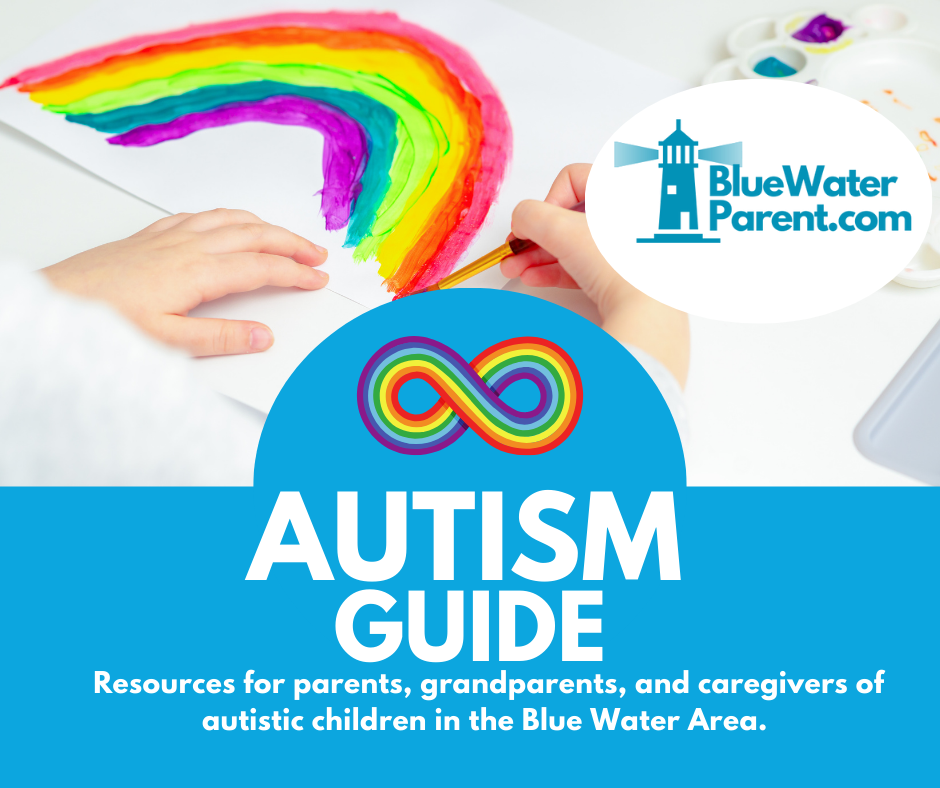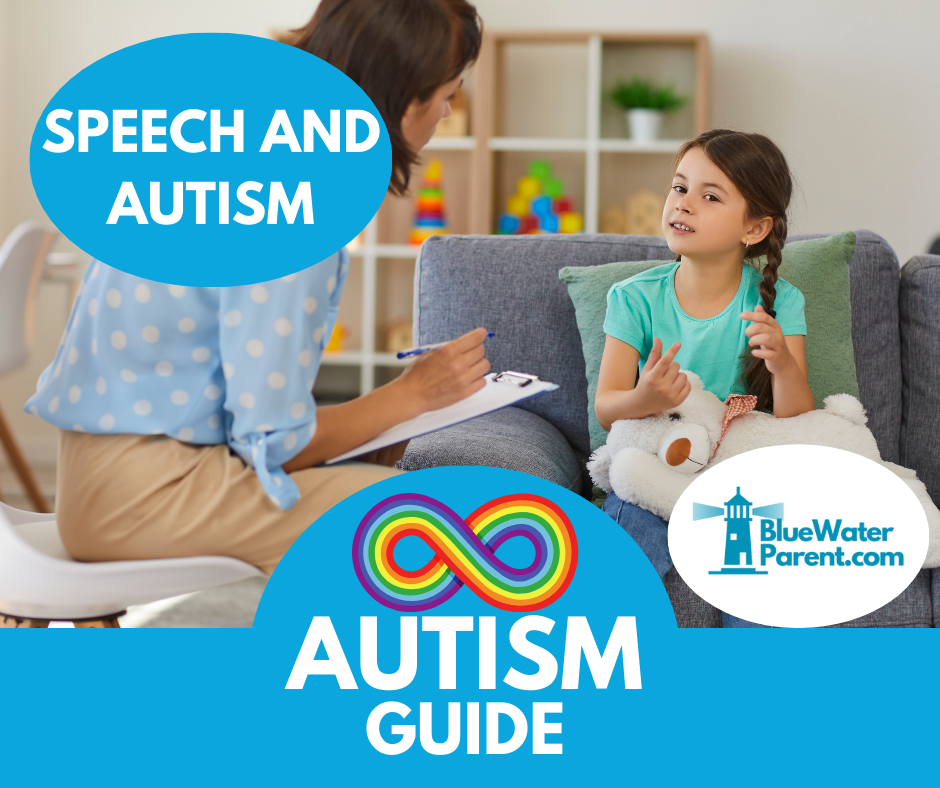Published January 9, 2025
Parenting blogger, Jackie Davidson, shares her experiences and what she has learned about addressing speech and autism.
Autism and Speech
One of the most apparent and common first signs of autism in young children is a lack or delay of speech. There is a reason why when a child is behind in language specialists often speculate they could be autistic, however, it’s also possible to be autistic and not have a lack of speech, but instead be hyperverbal. Because people put so much emphasis on the lack of language meaning autism, the kids with a lot of speech can sometimes get a late diagnosis.
Delay in Speech
When we say “delay in speech”, what are we referring to? Usually, professionals do not consider a few months behind their peers a big deal. When professionals begin to become concerned about the cause of delay, they are typically around two years old and not speaking in two—to three-word phrases yet. Before the age of two, it is common to have different ranges of speech! https://kidshealth.org/en/parents/not-talk.html
Speech vs Language Delay
Speech is the verbal expression of a language, which includes the way we form sounds and words, also known as articulation. Language is giving and getting information. It’s understanding and being understood through verbal communication.
It is possible to have a speech delay and not have a language delay. For example, a child might not be able to speak or form words yet but can sign them and/or fully understand when people are talking to them. These kids often will lead people with their hands to what they need and nod yes or no. They might point to what they need or to images to answer questions.
Speech delays are not always caused by autism. Sometimes something simple like needing ear tubes or having a lip tie causes speech delay. So, although you should never ignore a delay in your child, you also should not automatically assume that your child is autistic.
A language delay is when a child may speak a lot of words, but not be able to string them together to form sentences or short phrases. I can use my daughter for this example: Lydia can sing entire songs but finds it very difficult to string more than three words together to talk with someone.
Perspective on Speech
As parents, we always want to do what is best for our kids. There is this ongoing pressure for kids to learn things earlier and earlier. To that I say STOP. Stop pressuring yourself and your child to be anything but what you are in the moment. Stop looking for how your child might be behind educationally and not playing with them. Stop teaching them their colors and shapes before learning to follow directions.
It is important to remember to focus on your little ones learning to express themselves, ask for what they need, and follow simple directions. This is known as functional language and because there is so much pressure for a preschooler to write their names and kindergarteners knowing a huge list of sight words, we tend to forget this aspect. Put the brakes on school standards and focus on life skills such as asking questions about their life, learning to express their emotions, asking for help, and even asking for more of something. The educational standards will come but not before the functional language.
How to Help Your Child Talk
If your child is delayed in speech or if they aren’t talking yet but are just beginning, here are a few tips to help at home!
Most speech-language pathologists (speech therapists) will tell you that the most important thing you can do to build language in your little ones is to talk to them. Undistracted talking and often. Both of my twins were delayed in speech. As a new mom of twins, I talked to them, but not a lot. I was surviving. Lydia didn’t develop language for other reasons but Heidi was delayed just because. She caught up on her own at about three and a half but I think that was because we had begun therapy with Lydia and I began to speak to my kids like a therapist would.
Try Sign Language
Another way to help is to use sign language or images. The idea of sign language holding kids back from speech is a common misconception. All modes of communication build speech. Images can help kids begin communicating very easily. If a child is asking for something or upset often an image of what they want or need is a very fast way for them to “speak” to you. The words will come, but until then, give them the ability to talk to you in their own way.
Lastly, stay patient. Speech and language come in waves. It is very normal to have huge explosions of verbal language and then for it to plateau for a bit. Just keep going and work to give your child some grace.
Story by Jackie Davidson for BlueWaterParent.com.
All content of BlueWaterParent.com is for informational and entertainment purposes only and does not constitute medical advice.




